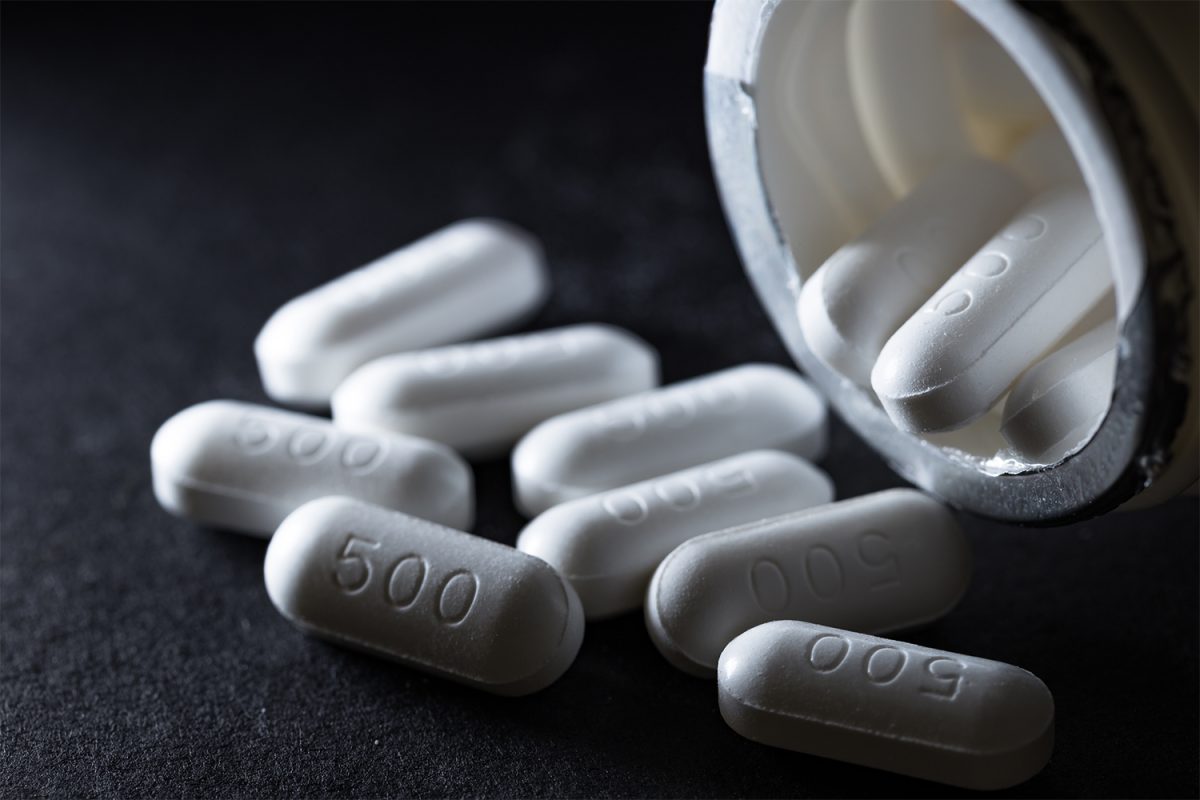Acetaminophen is one of the most commonly used over-the-counter medications to treat pain and prevent or reduce fever. It is the main active ingredient in several common painkiller brands, such as Tylenol, NyQuil and DayQuil, Excedrin, Alka-Seltzer Plus, Mucinex, and other pain, cold, and flu medications.
Acetaminophen toxicity
Even though acetaminophen is useful for short-term pain relief, it is also known to cause liver injury. Acetaminophen poisoning is responsible for 50 percent of all reported cases of liver injury and 20 percent of liver transplant cases. It is also responsible for about 500 deaths and 50,000 hospital visits in the United States annually.
According to health care experts, acetaminophen poisoning occurs when a person takes more than 4,000 mg of acetaminophen in a day. Unfortunately, this can happen more easily than we think because acetaminophen comes in different strengths, and users may forget to track how many tablets they have taken.
For example, someone who wakes up with a painful headache may instinctively reach for Tylenol. Each Tylenol tablet contains 500 mg of acetaminophen. Taking two tablets four times a day totals 4,000 mg of acetaminophen, the maximum safe limit.
What are the signs and symptoms of acetaminophen poisoning?
Acetaminophen poisoning can have different signs and symptoms depending on how much time has passed. In the first few hours, an individual may experience vomiting, nausea, and abdominal pain. However, some people may not show any symptoms. Usually after 24 to 72 hours, symptoms can worsen, leading to general weakness, diarrhea, and jaundice, which is yellowing of the skin and whites of the eyes. After 72 hours, symptoms persist, and the risk of liver damage is very high.
What should I do if I think someone has taken too much acetaminophen?
If a person is suspected to have overdosed on acetaminophen, call 911 immediately. Pay close attention to the signs and symptoms mentioned above.
How can I avoid acetaminophen poisoning?
Always read the medication instructions and label carefully. There are clear instructions on the bottle detailing how many tablets are safe to take in a day. Keep track of your total daily acetaminophen intake to ensure you do not exceed 4,000 mg.
Do not use acetaminophen while drinking alcohol, as this significantly increases the risk of liver injury. Let your doctor know if you frequently use acetaminophen. For any questions, consult your doctor or pharmacist.
Acetaminophen is a helpful medication for treating pain and reducing fever when used as instructed. However, acetaminophen poisoning can happen unintentionally and can be severe if users are not careful. The risk of poisoning can be minimized by simple methods, such as reading the label instructions, keeping track of acetaminophen use, and avoiding drinking alcohol while taking the medication.
– Minh Pham, Class of 2024



